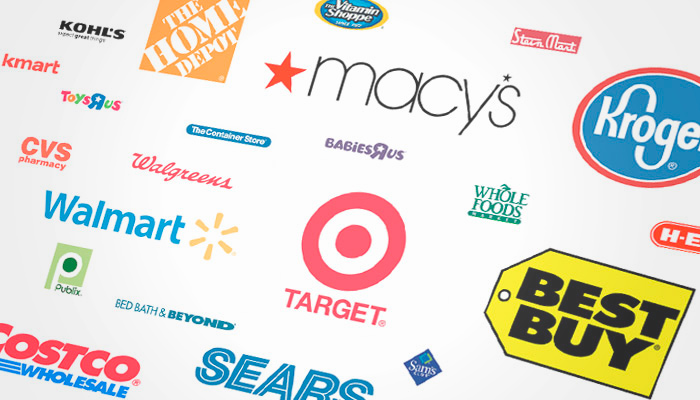
Morale in the Time of COVID-19
By Ernie Deyle
4 minute read
The attached article (click) should be read by every CEO in retail… given the events of 2020, the destruction of small business, and the 50 million people that have lost their jobs. This article is deeply concerning and should be elevated to every retailer’s contingency plans. When associates become apathetic about their jobs, operational efficiency and effectiveness decline, which negatively impacts profitability.
First, let me start by saying, don’t confuse the concept “they” (meaning associates) should just be happy to have a job, with the thought process that they feel they are “owed” something more by their employers. As such, the associates’ morale is being depleted by feeling that their employers “owe” them – for increasingly risking their health and safety as frontline worker; for the anxiety inflicted on their families; for being berated, and even, endangered by customers with volatile emotional state during these chaotic times.
When associates feel that they are not valued, in most cases, they will care less and less about doing their jobs. The less they care, the greater the risk of deteriorating executional performance. In some cases, apathy may grow beyond operational deficiencies to “untoward” actions, such as taking minor liberties with their employers’ products and services to fulfill the associates’ needs. Or, employers may be hurt by the associates’ even willful manipulation of tasks and/or transactions for the benefit of themselves or others.
The events of 2020 have caused a ripple effect impacting businesses in ways that have never been realized before, let alone planned for. Troubled associates cause operational breakdowns, which reduce revenue and shrink profitability due to margin erosion, inventory loss and excessive markdowns. Moreover, associates’ apathy exacerbates risk, and raises costs on multiple fronts, including increases in OSHA safety violations, workers’ compensation and general liability.
Strategically, retailers must leverage predictive analytics to isolate and quantify these executional gaps, to better align business expectations with outcomes. Retailers need to optimize the net contribution of every revenue dollar captured, while maintaining near real-time oversight on operational tasks and business executables.
At VIPER EA, our solution set provides advanced actionable insights to guide the retailer’s executive team in making the right decisions that effectively address the needs of customers, associates and vendor partners. Furthermore, with hyperlocal analytics and Machine Learning prediction models, VIPER EA recommends practical actions to improve the productivity of under-performing associates. Our mission is to aid district and regional managers to detect workflow deficiencies and train store associates accordingly.
Ernie Deyle
Email: [email protected]
Mobile: 773-255-6745
Ernie Deyle is VIPER EA’s Chief Strategy Officer, and is a recognized leader in enterprise acceleration and performance improvement. He led strategies that significantly increased revenue, margin and profit for many of the global top tier retailers, including CVS Health. Additionally, Ernie served as the global leader of Cap Gemini Ernst & Young’s retail performance improvement practice.



